Anxiety is one of the most pervasive mental health concerns with a 20% lifetime prevalence (Whiteford, et al., 2013). Anxiety can cause racing thoughts and feelings of nervousness, restlessness, and tension. At times, these sensations can often feel overwhelming. Working with a therapist can be a helpful step in exploring your triggers for anxiety, develop coping skills, and identify areas of support. It is just as important to work with your therapist to gather tools that you can implement when you’re not in the therapist’s office. Below are some helpful grounding techniques for every day use for coping with anxiety.
Progressive Muscle Relaxation
Progressive muscle relaxation (PMR) is an empirically validated exercise to help combat heightened feelings of stress and anxiety (Mander, et al., 2018). This mind-body technique involves tensing and relaxing localized muscle groups in your body. To practice PMR, find a comfortable position and begin tensing your toes and muscles in your feet for five seconds. Breathe in deeply and release to relax your muscles. You can continue working your way up through your body until you’ve reached your facial muscles. If any muscle group feels tense after you’ve completed the exercise, revisit this part of your body and tense and release these muscles three more times. The objective of PMR is to increase awareness of the sensations in your body that are causing stress and release tension that your body has somatically manifested (Wong, 2020).
5-4-3-2-1 Technique
This mindfulness exercise is helpful when you begin to feel your anxiety increase or if you find yourself ruminating in a negative cognitive loop. This exercise supports you in engaging your five senses and redirects you to the present. Begin by surveying your surroundings (ideally in a quiet room) and name out loud five things you can see, four things you can feel, three things you can hear, two things you can smell, and one thing you can taste (Schuldt, 2020).
You can use the guide below as a helpful cheat sheet for remembering the 5-4-3-2-1 technique.
| 5 | See |
| 4 | Feel |
| 3 | Hear |
| 2 | Smell |
| 1 | Taste |
Cold Sensation
Submerging your face in a bowl of cold water can help combat anxiety. The colder temperature works to counteract your sympathetic nervous system’s response to stress and can help you feel calmer. If submerging your face is not preferable, splashing your face with cold water or simply holding onto an ice cube (wrapped in a dish cloth) can be just as effective. Submerge your face in cold water for no longer than 10-15 seconds at a time.
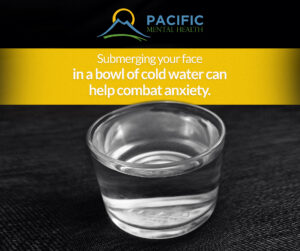
Anxiety thrives in black and white, all or nothing thinking. When we experience a heightened sense of anxiety, we believe our catastrophic thoughts to be true. These overwhelming thoughts can over-activate our bodies and perpetuate feelings of panic. Utilizing techniques to calm our mind and body, and re-center us to the present moment can help to minimize anxiety. My hope is that these grounding techniques can help you to recognize that our thoughts are just our thoughts, and they too shall pass.
Pacific Mental Health counselors share some of their expertise and experiences in our blog post articles.
For help with anxiety or other mental health challenges, you can schedule an appointment with one of our therapists.
References
Mander, J., Blanck, P., Neubauer, A.B., Kroger, P., Fluckiger, C., Lutz, W., Barnow, S., Bents, H., & Heidenreich, T. (2018). Mindfulness and progressive muscle relaxation as standardized session-introduction in individual therapy: A randomized controlled trial. Journal of Clinical Psychology, 75, 21-45. http://doi.org/10.1002/jclp.22695
Schuldt, W. (2020). Grounding Techniques. Therapist Aid. http://therapistaid.com/therapy-article/grounding-techniques-article
Whiteford, H.A., Degenhardt, L., Baxter, A.J., Ferrari, A.J., Erskine, H.E., Vos, T. (2013). Global burden of disease attributable to mental and substance use disorders. The Lancet, 382(9904), 1575-1586. http://doi.org/10.1016/S0140-6736(13)61611-6
Wong, C. (2020, April 3). The Benefits of Progressive Muscle Relaxation. Very Well Mind. http://verywellmind.com/the-benefits-of-progressive-muscle-relaxation-90014
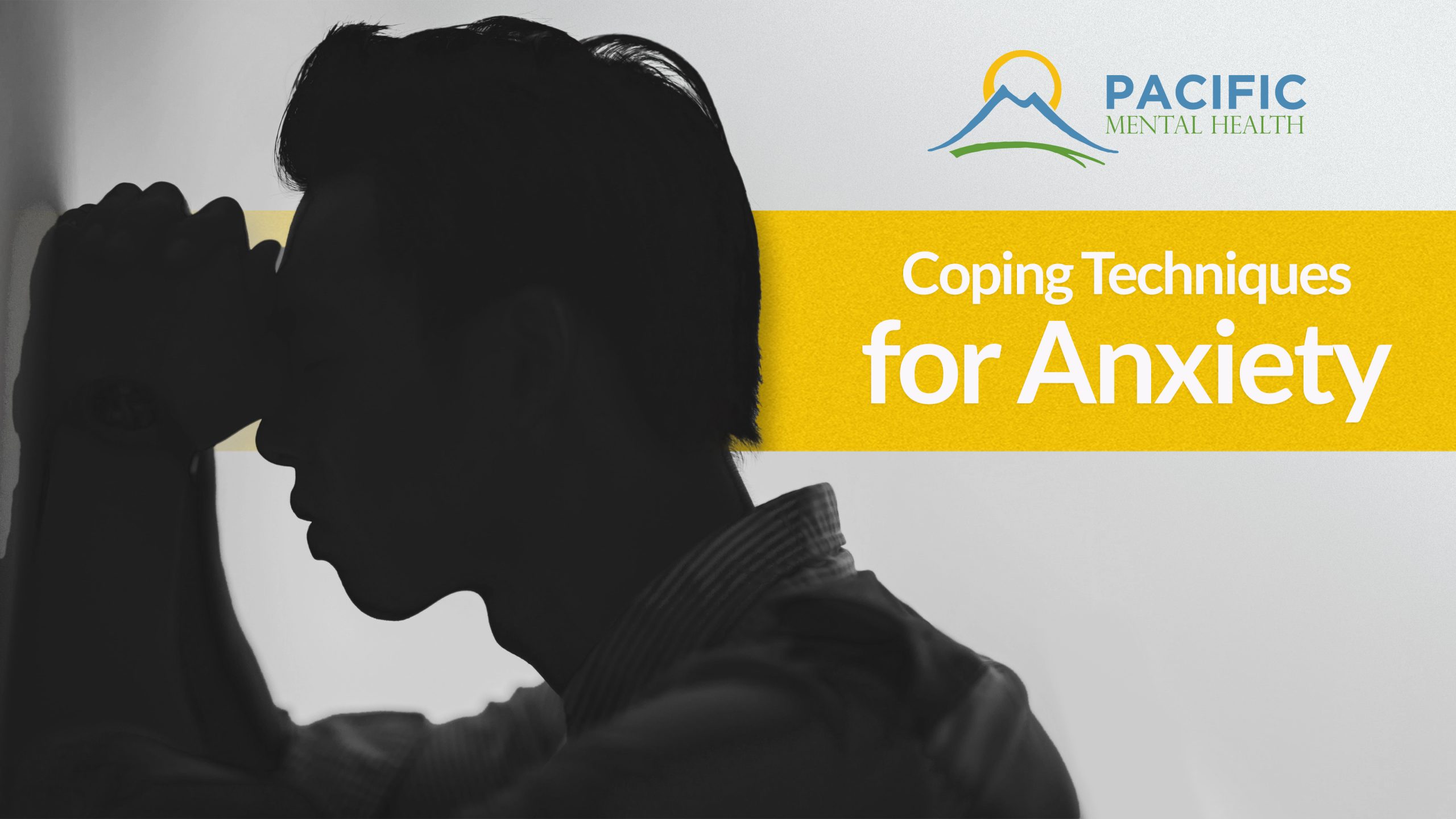
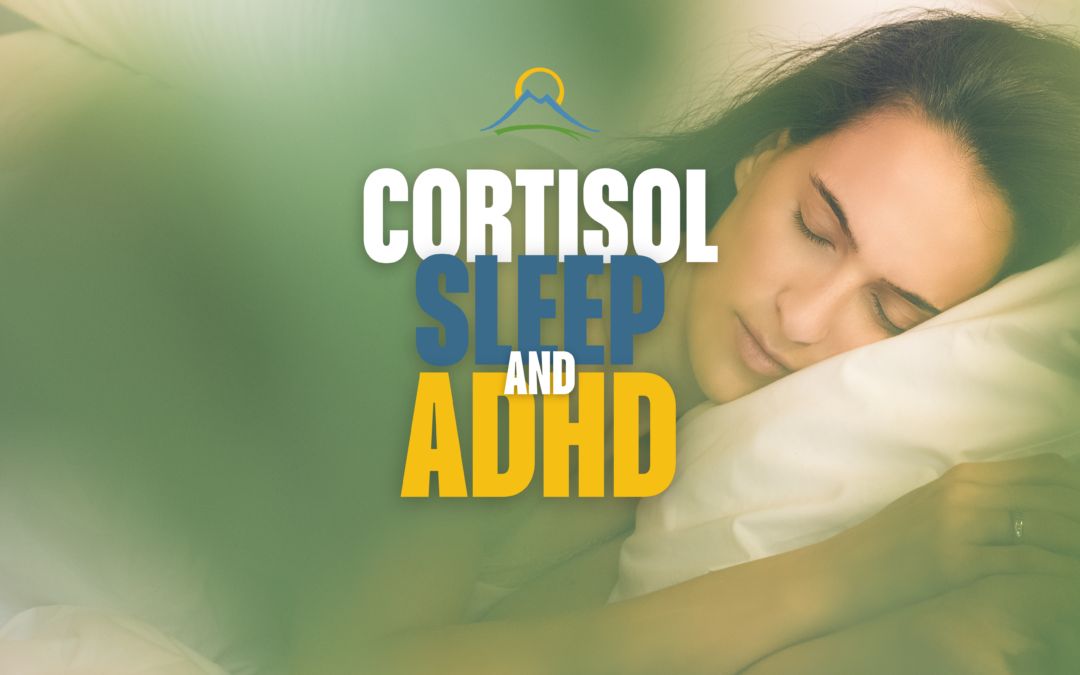
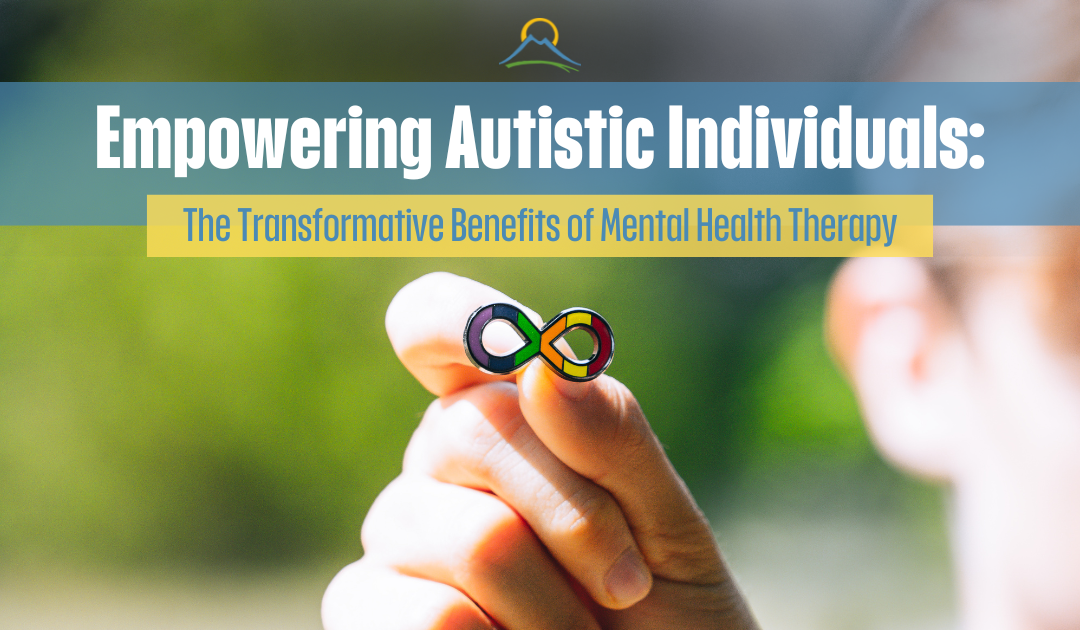
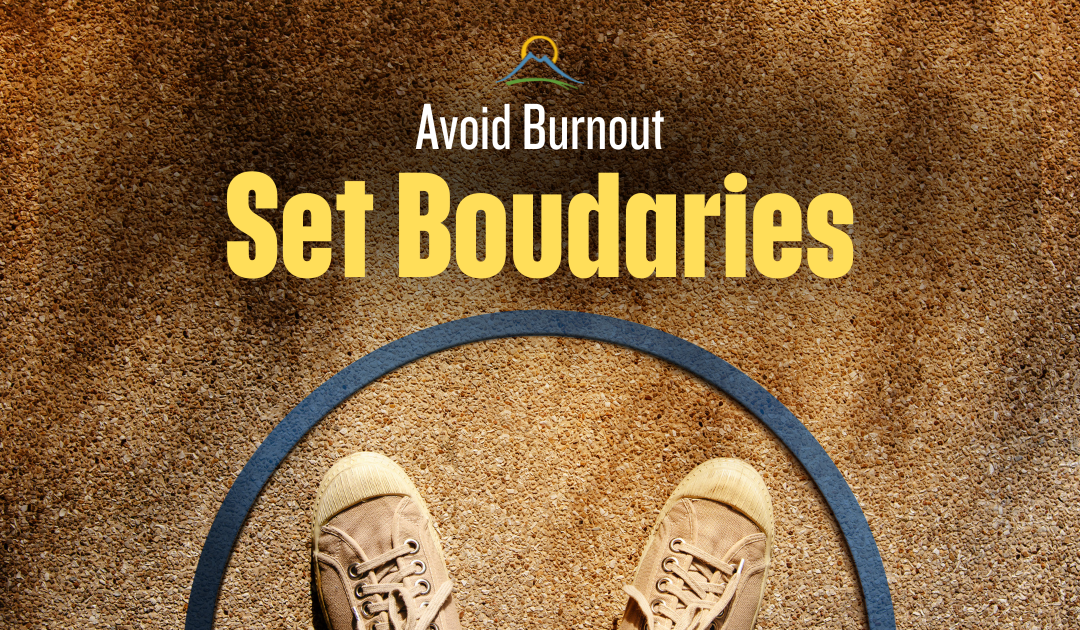

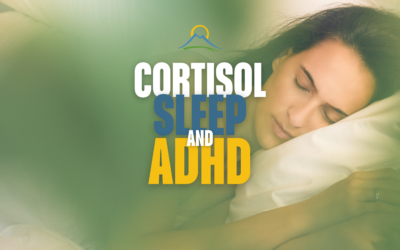

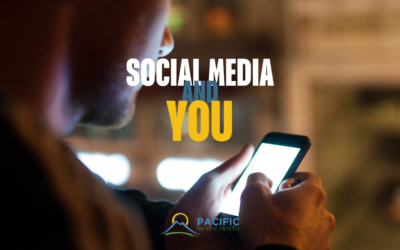
0 Comments